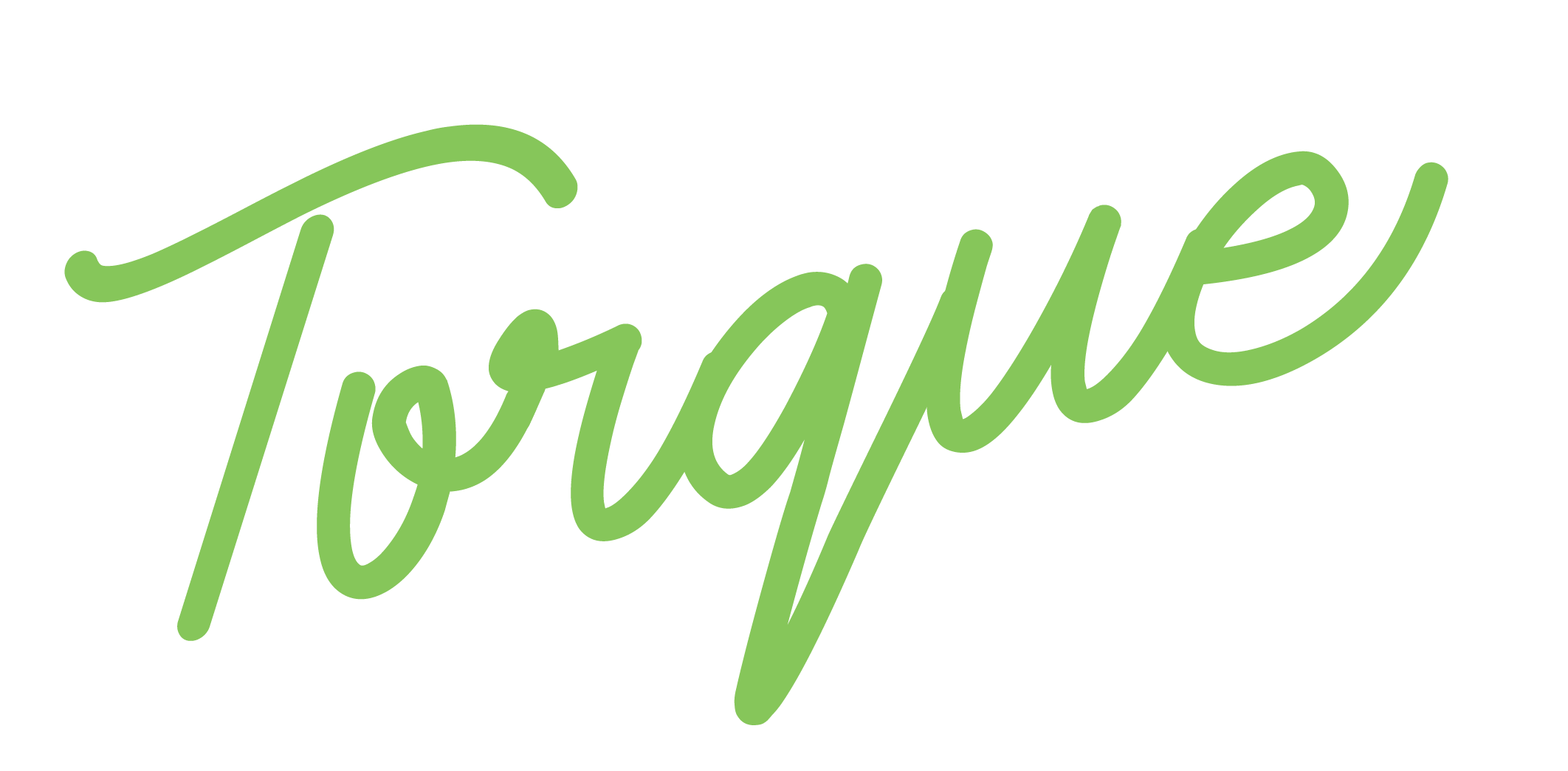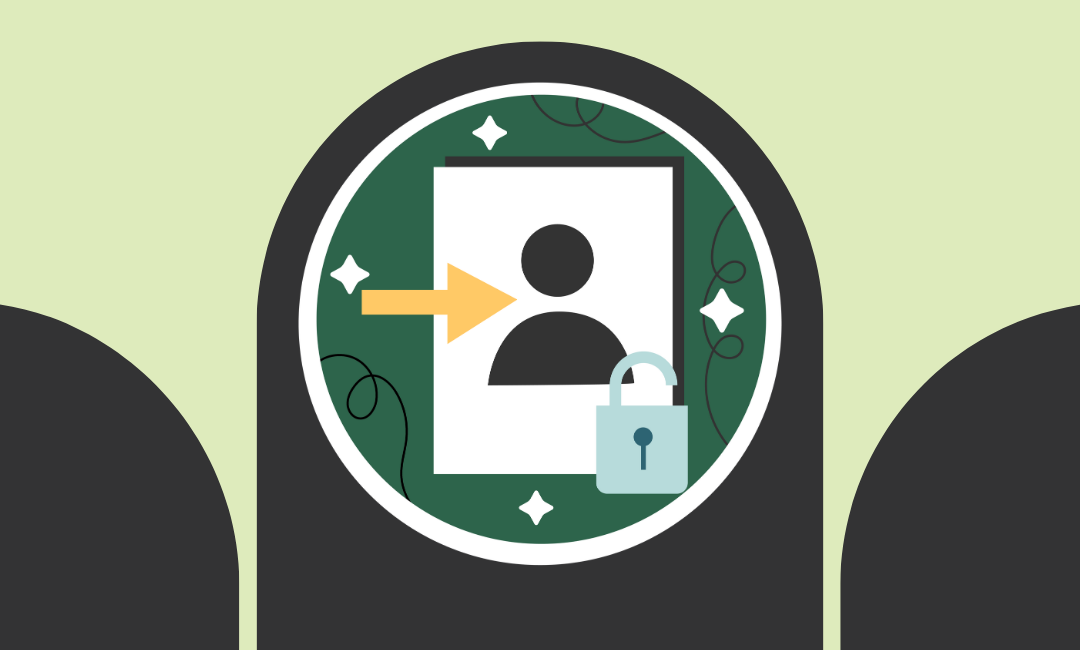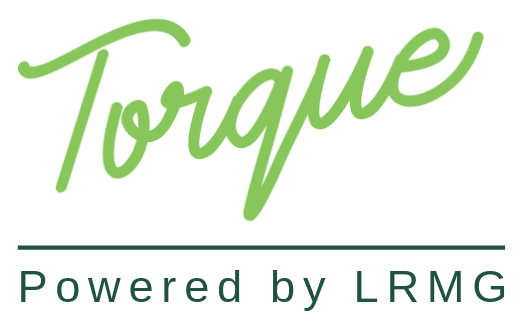
The key to DEI lies in safety and belonging
Oct 15
/
Loren Phillips

Imagine showing up to work and having to hide your true self from everyone with which you work. Imagine not speaking up in a meeting because you feel like somebody will invalidate you. Imagine being treated in a specific way just because of your gender, who you choose to love, or your physical ability. Imagine the type of mental conflict that could cause you daily.
“Employees from diverse backgrounds can face a lack of representation, microaggressions, unconscious bias, and other stressors that impact their mental health and psychological safety at work. As a result, initiatives that support diversity, inclusion, and belonging can also support mental health and vice versa” – Forbes
We hear a lot about psychological safety in the workplace and the basic human need to belong in the people space. To have these needs met is our most basic desire. To be able to bring your whole self and your vulnerability to work.
For true diversity, equity and inclusion to flourish, people need to feel safe and have a sense of belonging. And it’s a win-win situation. People feel included and fairly treated, and companies perform better. Truly diverse teams drive value because they demonstrate a diversity of thinking and experiences. They interrogate problems more thoroughly and question options from more numerous angles, leading to generally better outcomes in which all the options have been considered.
Leaving DEI work to be done by ‘someone else’ or only a specific committee or department will not work. Why? Because inclusion work is everyone’s work. It’s a journey, an iterative process for the entire organisation to go through. Change cannot be addressed and solved in a half-day training session; it’s an organisational habit. It requires each person to examine their own beliefs, values, and attitudes and confront their own biases for any real change to take effect.
Our job at Torque is to create the tools for companies to use to include EVERYONE in the journey, whether they have access to the internet or not. People need the time and space to do the work and the privacy to reflect on their thoughts.
The last 18 months have been tough, but we’ve produced a diamond under this extraordinary pressure. Our DEI Toolkit has been a year in the making. We have engaged with subject matter experts in bias, gender, sexuality and pushed ourselves to create, what I believe, is our most significant piece of work to date.


